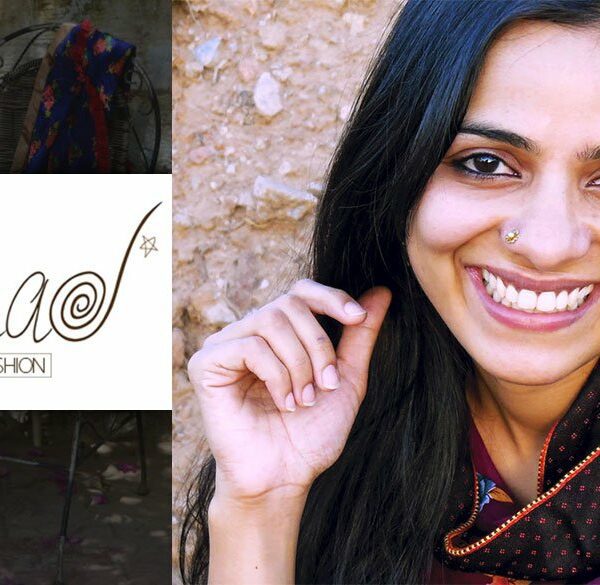Dear Zindagi,
Finally.
Well, past the regular accolades for the quite decent acting on display, the film deserves a word or two of praise for its very theme, message and narration.
Dear Zindagi veils in it a journey that is seemingly peppy and yet hides some innately profound questions that we must face ourselves with.
It does us a great service – actually- by raising some essential issues of morality, accomplishments and self-reflection in our rendezvous with life. It brings forth things we shove under covers while acting busy with life, and takes us through a very well crafted journey, in a light and digestible tone, that forms one of the most essential journeys that we need to take ourselves in our minds. It teaches us a few things about self acceptance and parenting, about chases for success and making decisions too difficult to do us good, of friendship and love, about childhood traumas and lifelong insecurities clothed and disguised under pretenses. To lift the stigma through trying to make it sound easy, the thing about season change of brain and feelings, this alone is an uphill task that has never been easy to attempt and deliver.
To quote Anupama Chopra who rates the movie a three out of five, “Dear Zindagi bravely tries to ease the stigma around mental health. This is an important conversation to have. And you can’t have a better brand ambassador for therapy than Shah Rukh. I suspect droves of women will seek the help they need in the hope that the therapist turns out to be a Jehangir Khan clone.”
(Ref: Hindustan Times)
It rides through most difficult and complex ideas but does that in such a breeze that they almost appear easy. It talks about self-reflection so that we can accept and know ourselves better.
A couple of fundamental questions the movie answers: Why parents make kids and what are the things we commonly overlook, falter at or fail to do?
It asks questions about successes and accomplishments, and what should we be really chasing? It talks of people judging people, and of different perspectives of looking at the same thing.
What Dear Zindagi Talks About?
Innate fears and deepest insecurities that we often do not even know of as we nurture them through several years and as they, in turn, manifest themselves in our behaviors, decisions and attitude towards life.
It grants us the idea of happiness, and the comfort of slowness, beyond the obvious races that we run in the name of dreams. It talks about how we make decisions and how instead we can make them.
And it talks about relationships and how beyond every relationship there is just another human being standing at the other corner, as much full of confusions and struggles as we at our ends are. And finally it brings us home to ourselves, sorting out the real problems beyond the apparent hurdles and facing our own devils. And finally it talks about giving over to us the power over our own lives, something that was always ours to assume.
The Famous Chair Advice
And yet, we need to think twice before we take in the famous advice on chair!
To evade her fears about being judged for the multiple men in her life, Dr. Jehangir Khan delivers an analogy of choosing a chair to Kiara, the young beautiful cinematographer caught in the whirlwind of Zindagi. He says: “Hum itne kursiyaan dekhte hai, ek lene se pehle. Phir apna life partner choose karne se pehle options dekhne mein kya problem hai?”
Not just once, and with one dialogue.

The concept of shopping for chairs for the right fit to be akin to seeking the right person to spend a lifetime with has been repeated and “recycled” quite a few times throughout the film, finally ending up with a rather inconspicuous Arjun Roy Kapoor who’s the next chair to be tried out ending up to coincidentally own a furniture shop (“chairs? Kursi?”- confirms Kiara, smiling.) which – then seems – even gives him an edge! I mean, really?
Now! Famously have female spouses been allegedly treated over years and ages as furniture by the more powerful, higher on rank, entitled men of the houses, and so this dialogue has rung sweet melodies for us – women – who are more of age, more privileged with choices, and perhaps more in terms with terms of life. Of course it is alright – a hundred times over – to like or not like someone, to stay in or to break affairs, to reject, search and to find over again. However it leaves a very wrong connotation – this analogy – when it comes to its real life implications. For reality, it is in every way not a matter of making that one purchase, either in a sense of a commodity (pick, choose, throw?) or in a sense of purchase (why can you not go back on it, after you choose?)
Once you choose your “chair” why can’t you go back on it?
It does not serve a purpose, here. It does not help to look at who can be your life’s partner to be just a commodity you are choosing over the counter. It does not help you to look at something as important and emotional as romantic love in that manner, for it really is not that easy to simplify the complex game. Perhaps, it might be wiser to look at love for all it is worth, instead. For, for all you know, your love was well worth the time you had spent with it, and you yourself are worth all the time that you spend with yourself without it. It is all called life, Dear Zindagi!












